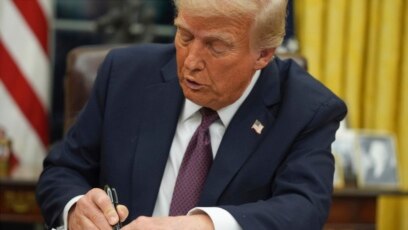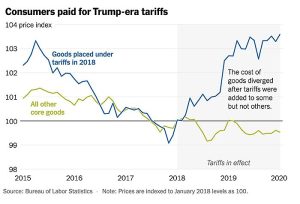Trump’s Executive Order Challenges Birthright Citizenship Amid Legal Battles

By Michael Dorstewitz
Monday, 03 November 2025 12:06 PM EST
One of the first actions President Trump took at the start of his second term was to sign an executive order ending birthright citizenship — the principle that a woman crossing the border into the United States could give birth for one purpose: to grant the child U.S. citizenship.
Birthright citizenship is rooted in the Citizenship Clause of the 14th Amendment, which states, “All persons born or naturalized in the United States, and subject to the jurisdiction thereof, are citizens of the United States and of the State wherein they reside.” On the surface, this appears to settle the debate. Birthright citizenship is legally established, making “anchor babies” legitimate American citizens — until considering the amendment’s original intent.
The Citizenship Clause was part of the Reconstruction Amendments, which included the 13th Amendment abolishing slavery, the 14th guaranteeing citizenship and equal protection, and the 15th prohibiting racial discrimination in voting rights. The clause aimed to reverse the Dred Scott decision, which denied African Americans citizenship. It sought to rectify past injustices by granting former slaves and their descendants citizenship.
It was never intended to create “anchor babies.” Shortly after Trump’s executive order, U.S. District Courts in Washington, Maryland, and Massachusetts ruled it unconstitutional and unenforceable nationwide. The president appealed to the Supreme Court, which issued a partial decision in June. The court prohibited local federal courts from issuing universal or nationwide injunctions.
Whether the court will address the core issue — the validity of Trump’s executive order — remains uncertain. However, late last month, attorneys general of Iowa and Tennessee, along with 22 other states, petitioned the Supreme Court to consider the birthright citizenship matter. These 24 states, mostly led by Republicans, argue that the Citizenship Clause was misapplied in the 20th century, becoming a magnet for illegal border crossings.
“Recent years have seen an influx of illegal aliens — over 9 million — overwhelming our nation’s infrastructure and assimilation capacity,” the petition states. “Conferring U.S. citizenship requires a more meaningful connection than mere presence by happenstance or illegality.” It emphasizes that originalist evidence points to parental domicile as the key link.
The states of Washington, Maryland, and Massachusetts cite the 1898 case United States v. Wong Kim Ark, where Chinese parents legally in the U.S. had a child granted citizenship. This differs from the “anchor baby” issue, as the parents were not illegal immigrants. The petitioners also highlight that the Citizenship Clause aimed to address slavery’s legacy, seeking to redress the “systematic denial of civil rights to freed slaves.”
If the Supreme Court agrees to hear the case and rules in favor of the Trump administration, it could potentially strip citizenship from those granted it through birth. This would mark a significant shift, reversing a policy that has drawn foreign nationals to illegally cross borders. The goal, as argued by critics, is to restore a vision of America “of, by, and for true American citizens.”
Michael Dorstewitz is a retired lawyer and frequent contributor to Newsmax. He is also a former U.S. Merchant Marine officer and Second Amendment supporter. Read Michael Dorstewitz’s Reports — More Here.
© 2025 Newsmax. All rights reserved.







